Health Progress Archives
Winter 2026
Volume 107, Number 1
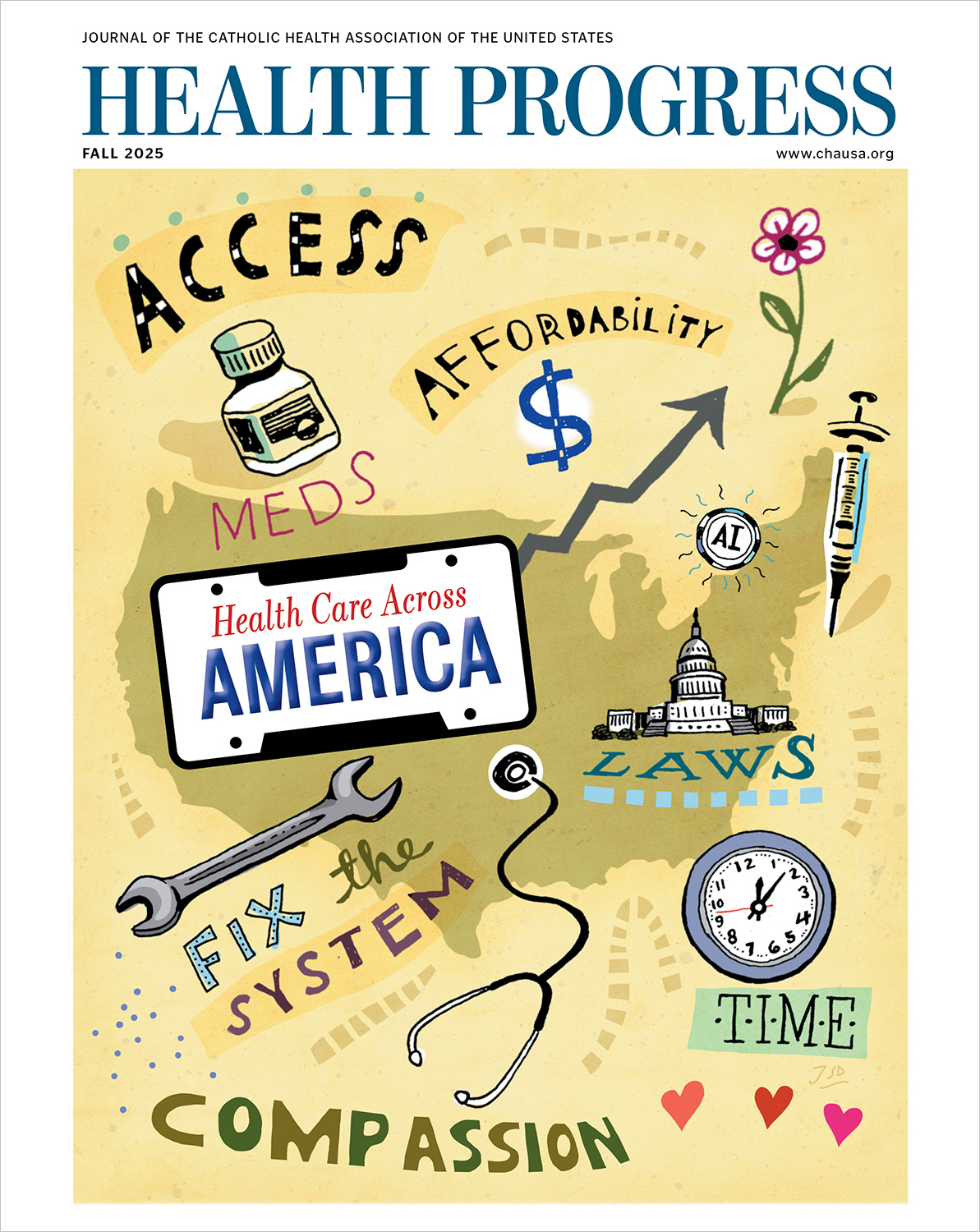
Fall 2025
Volume 106, Number 4
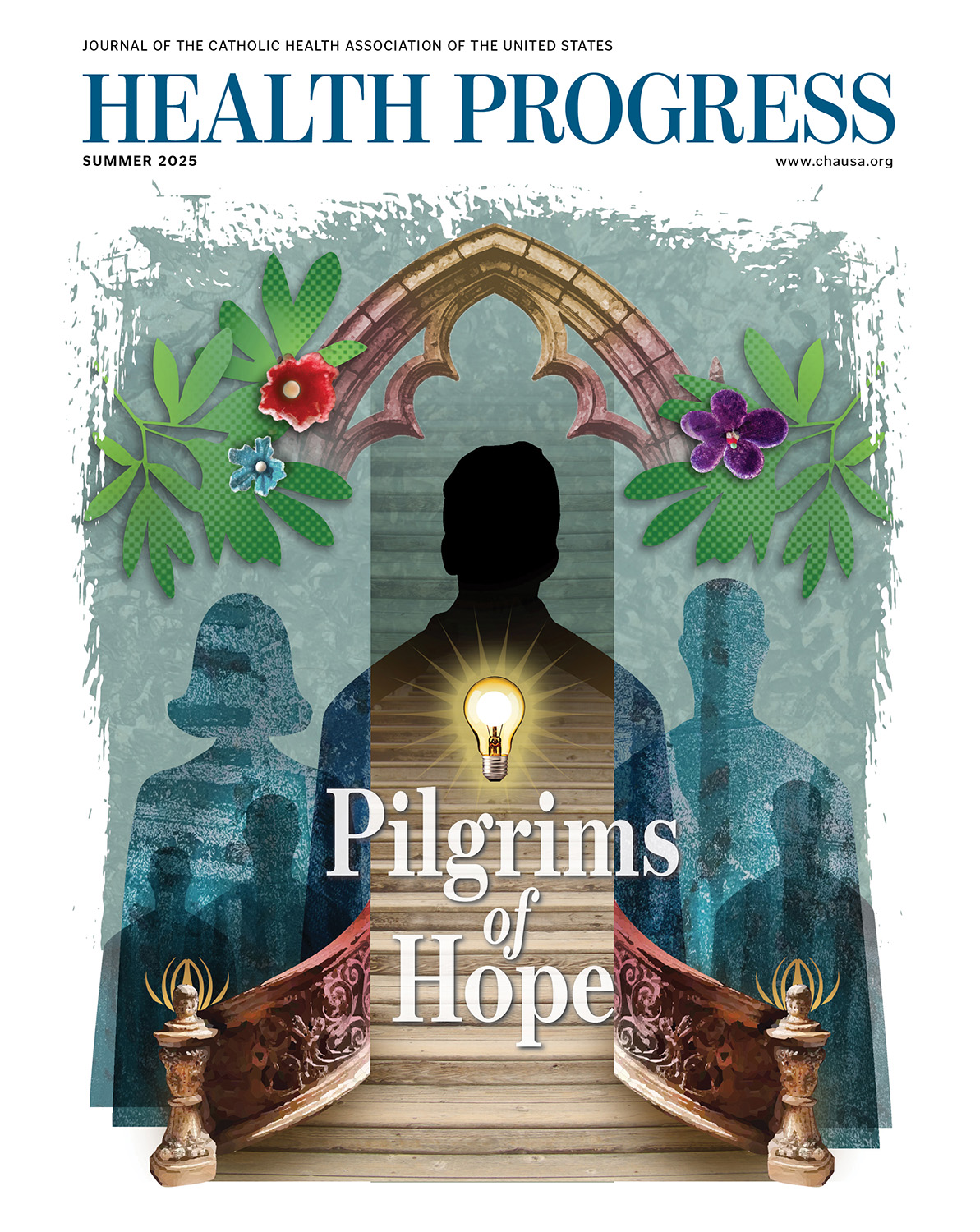
Summer 2025
Volume 106, Number 3
Online Extra

Spring 2025
Volume 106, Number 2
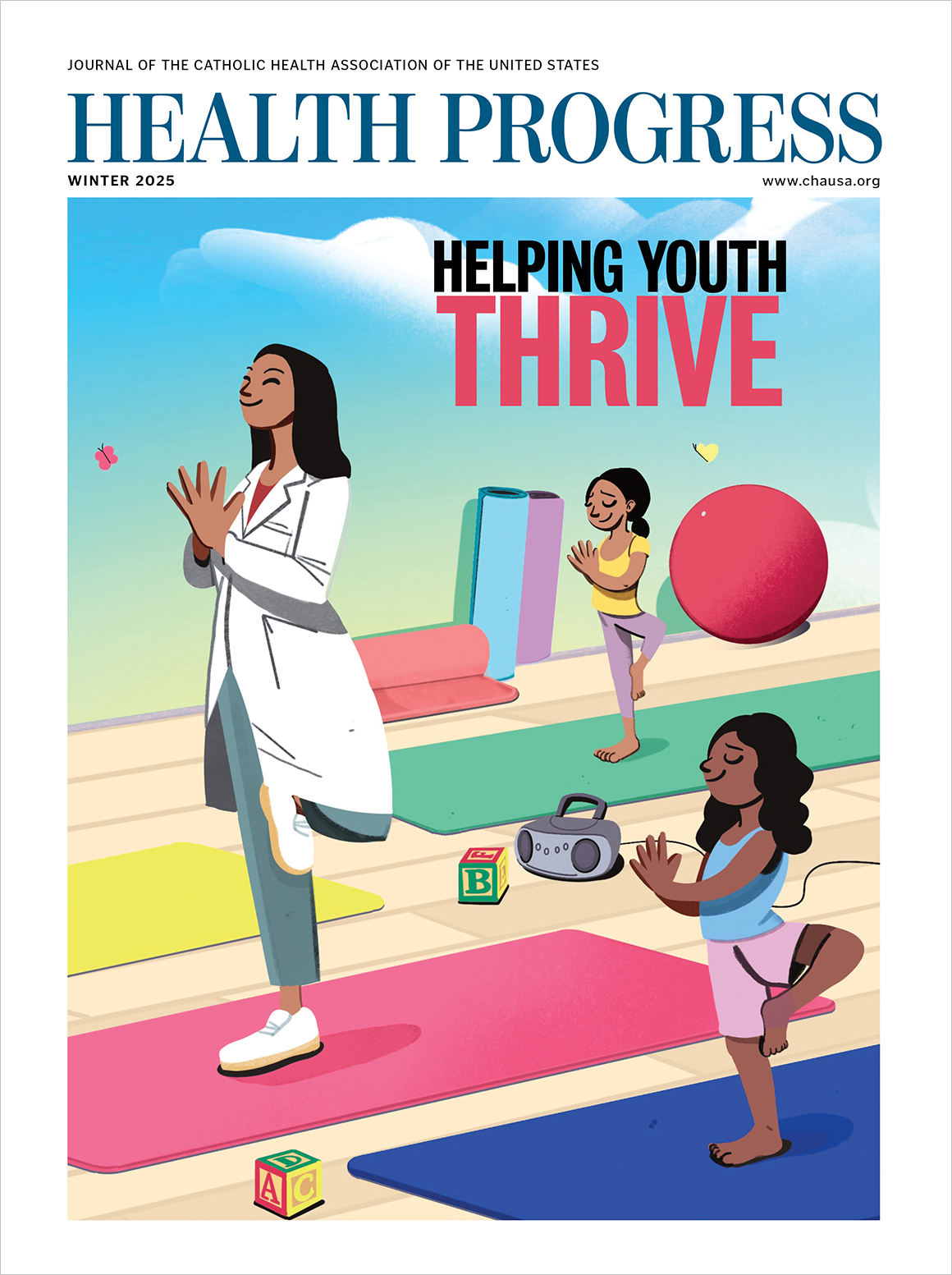
Winter 2025
Volume 106, Number 1
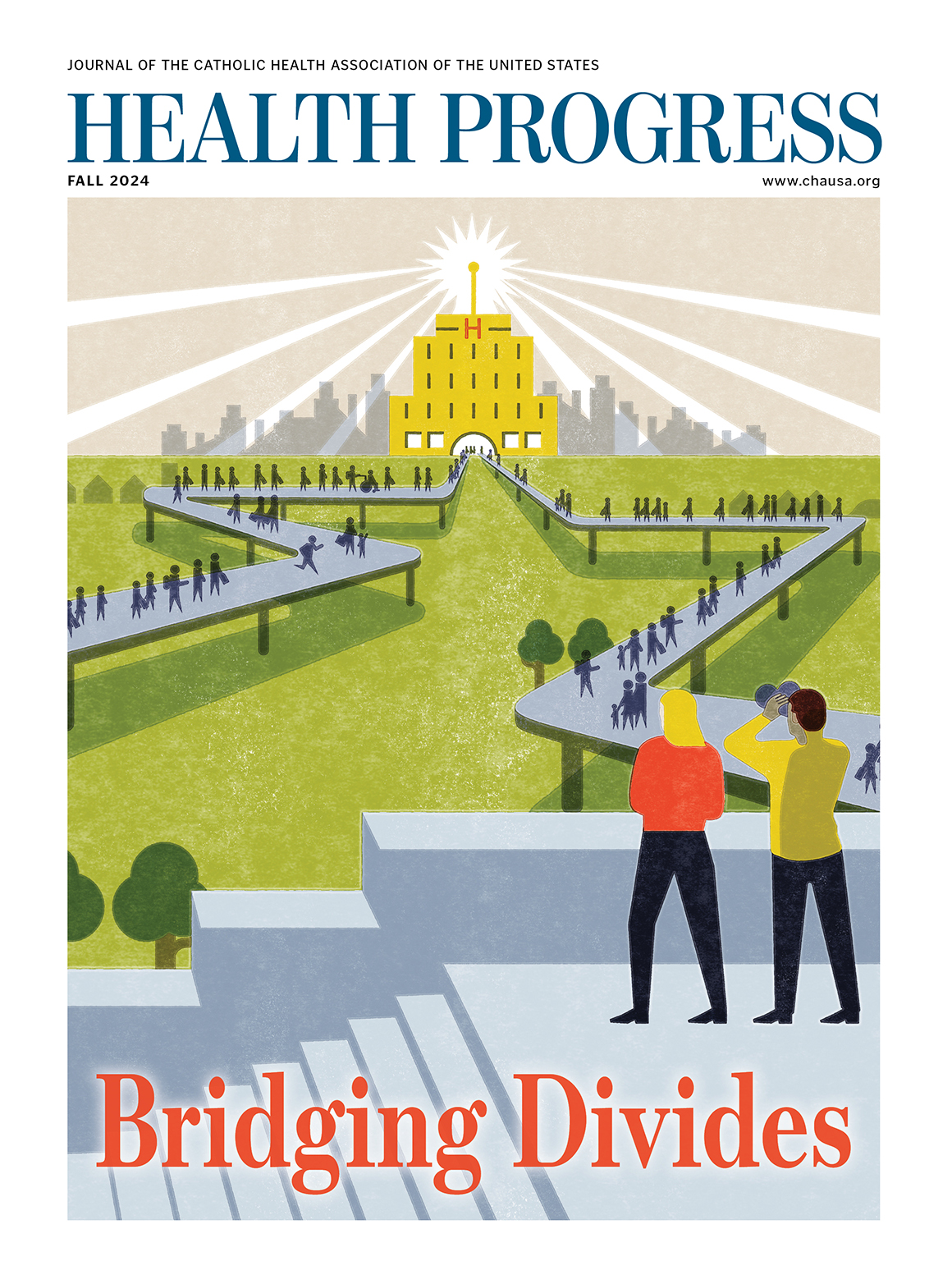
Fall 2024
Volume 105, Number 4
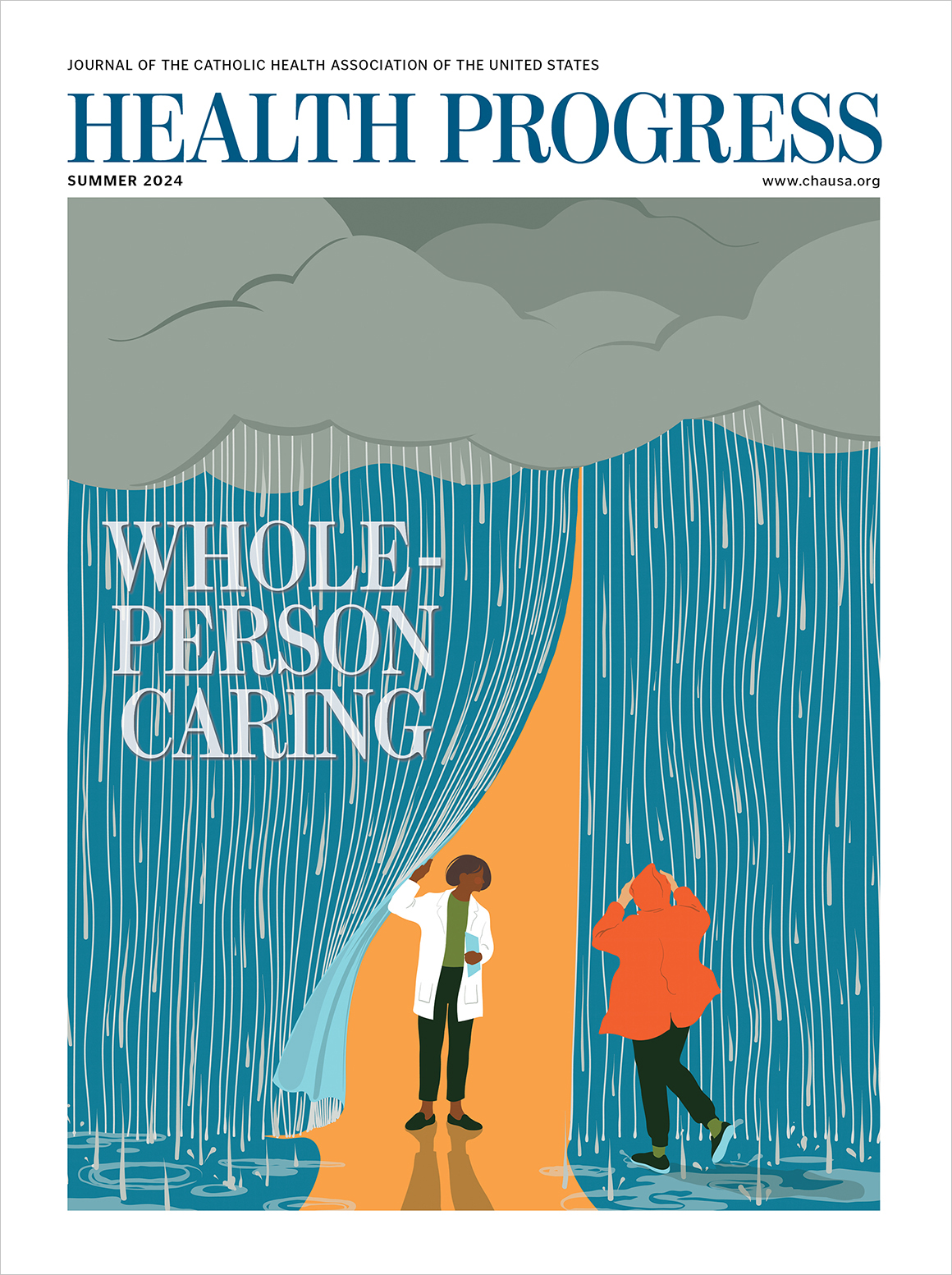
Summer 2024
Volume 105, Number 3
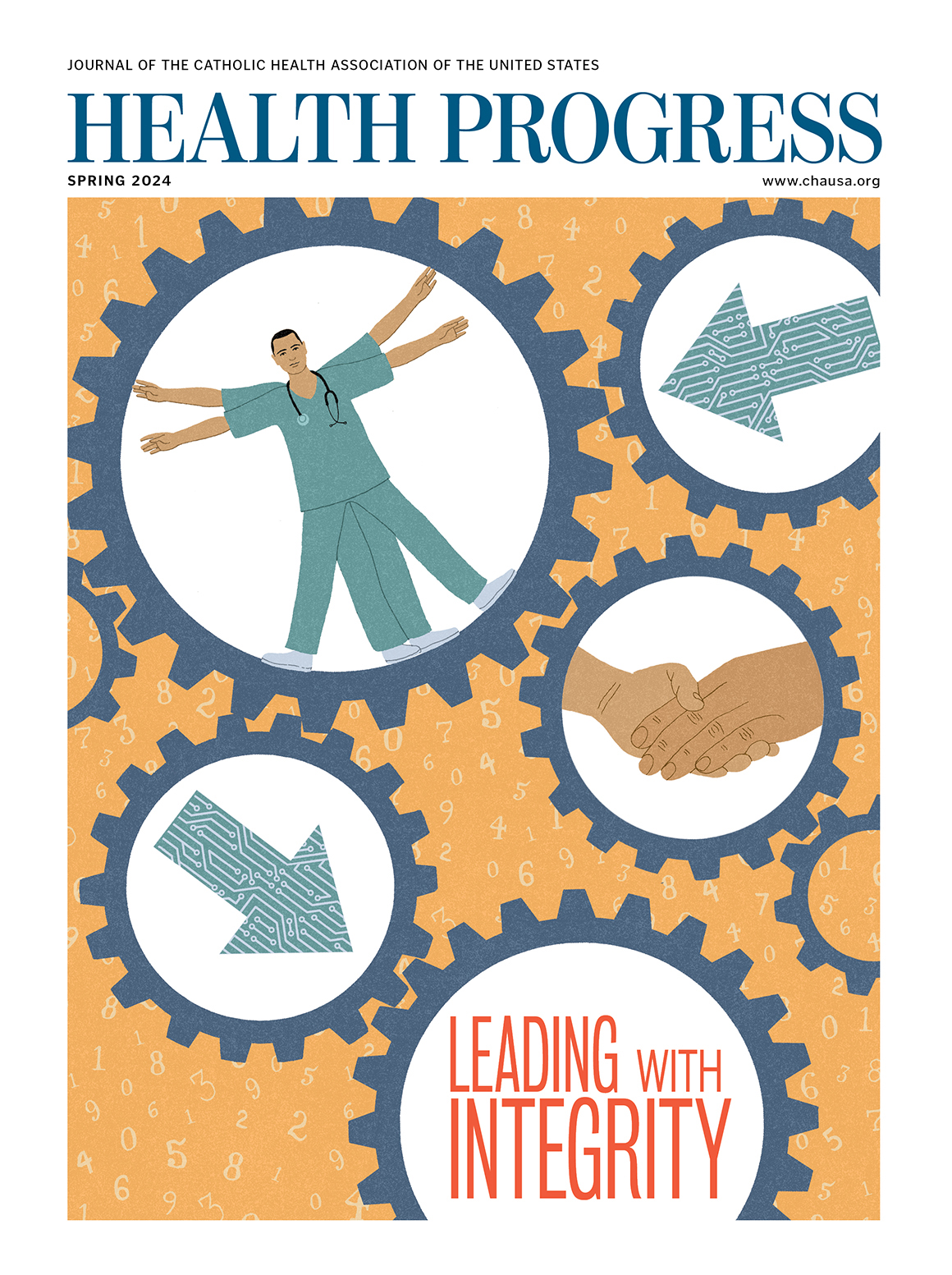
Spring 2024
Volume 105, Number 2
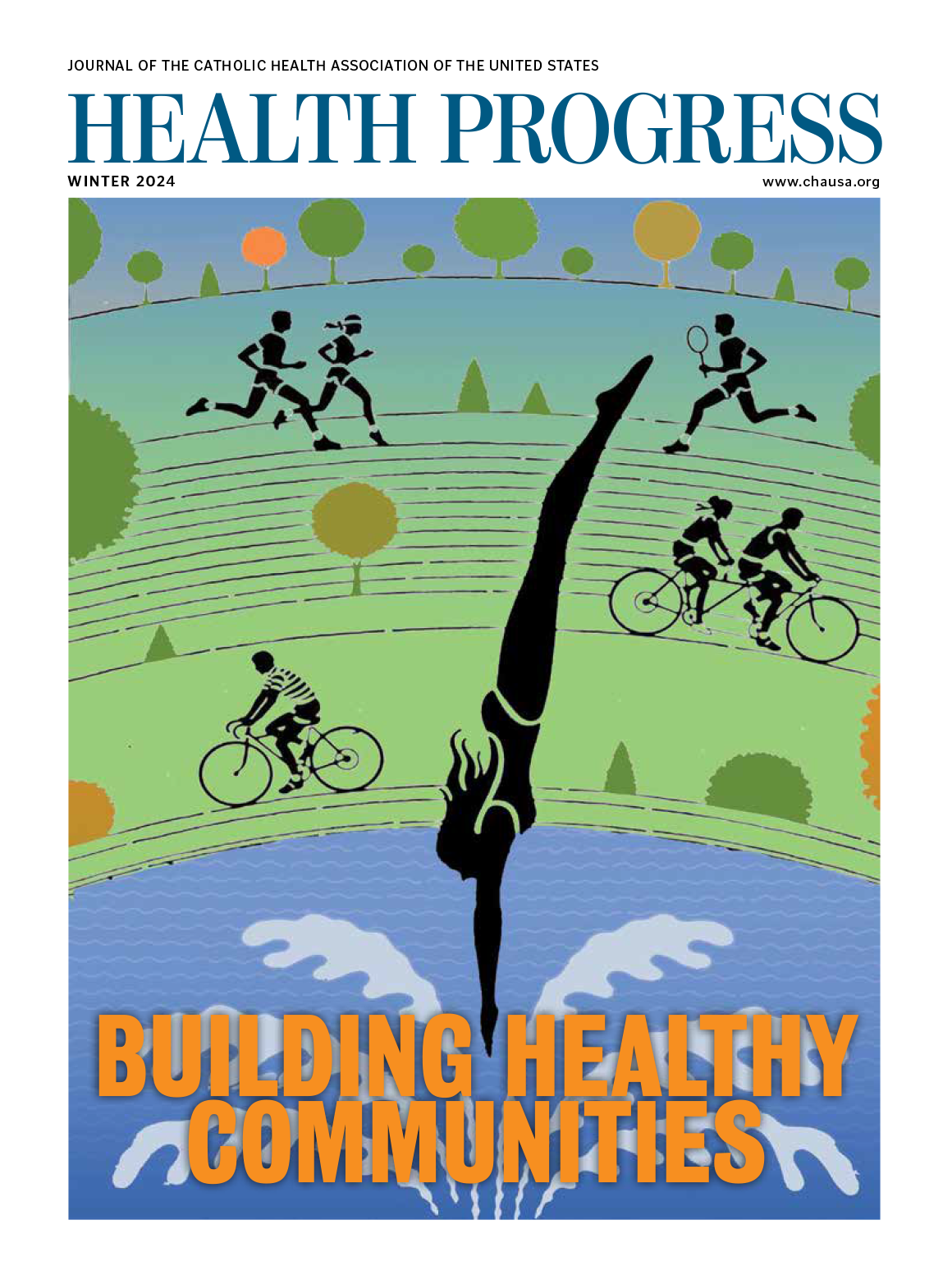
Winter 2024
Volume 105, Number 1
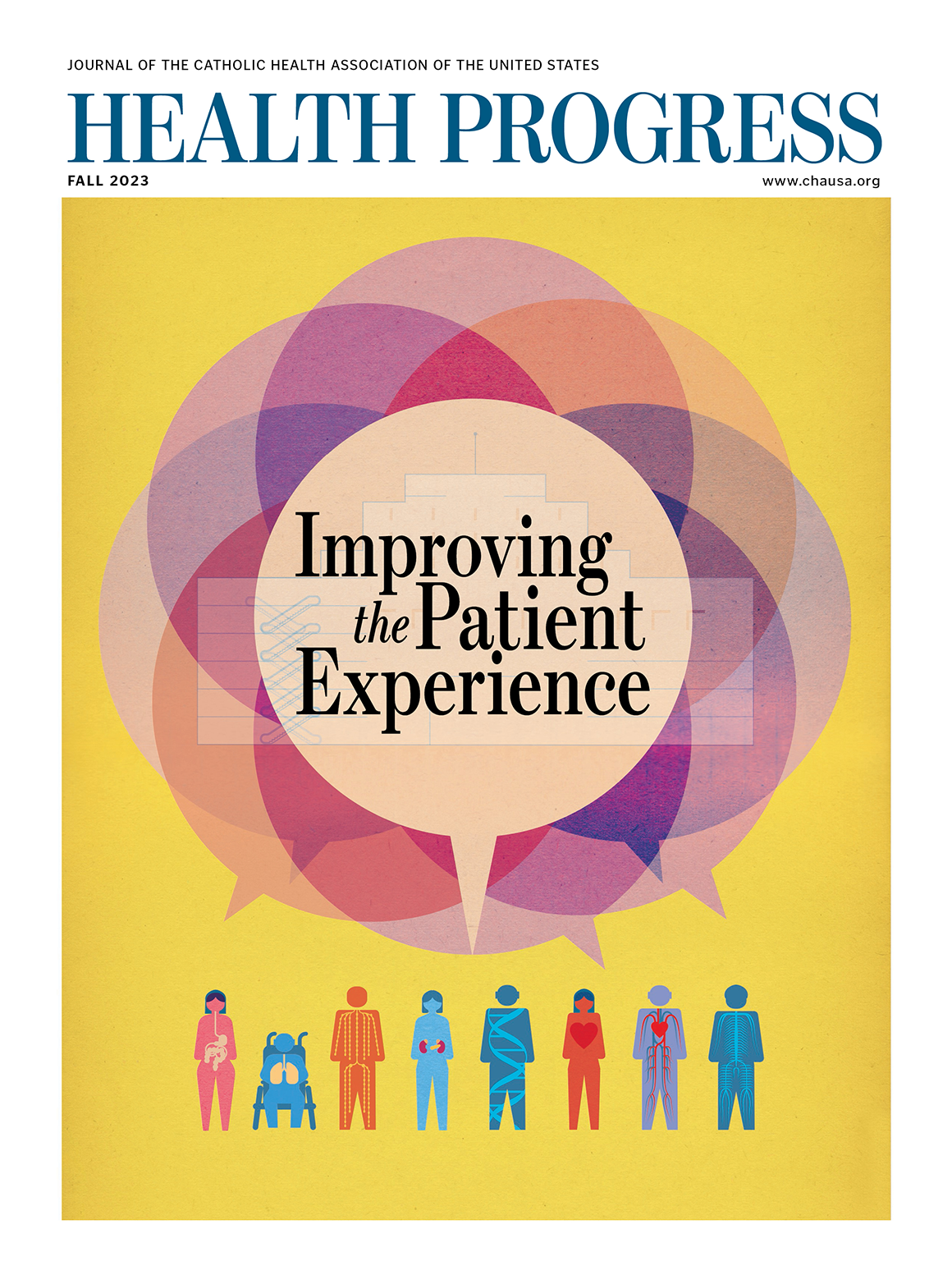
Fall 2023
Volume 104, Number 4
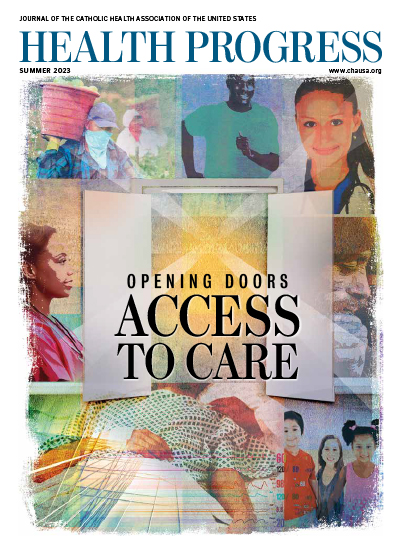
Summer 2023
Volume 104, Number 3
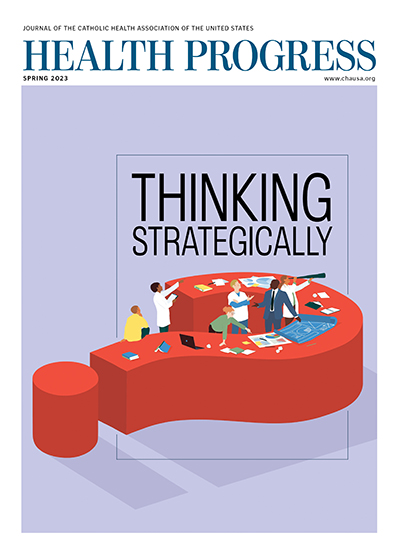
Spring 2023
Volume 104, Number 2
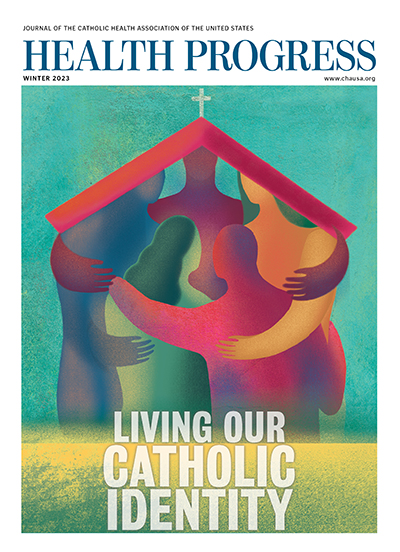
Winter 2023
Volume 104, Number 1
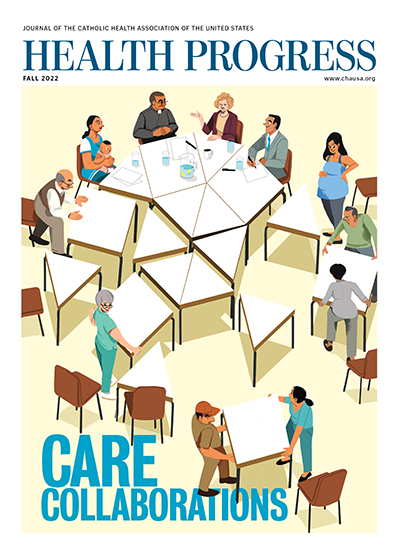
Fall 2022
Volume 103, Number 4
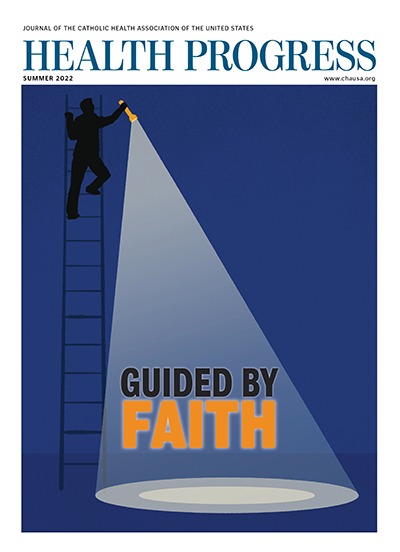
Summer 2022
Volume 103, Number 3
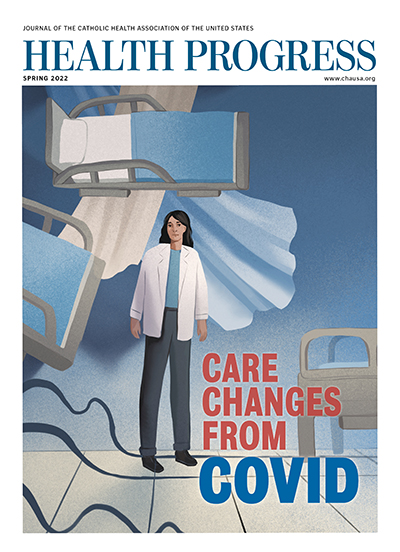
Spring 2022
Volume 103, Number 2
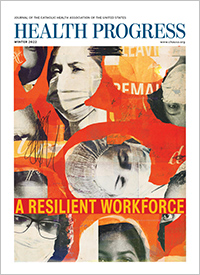
Winter 2022
Volume 103, Number 1
